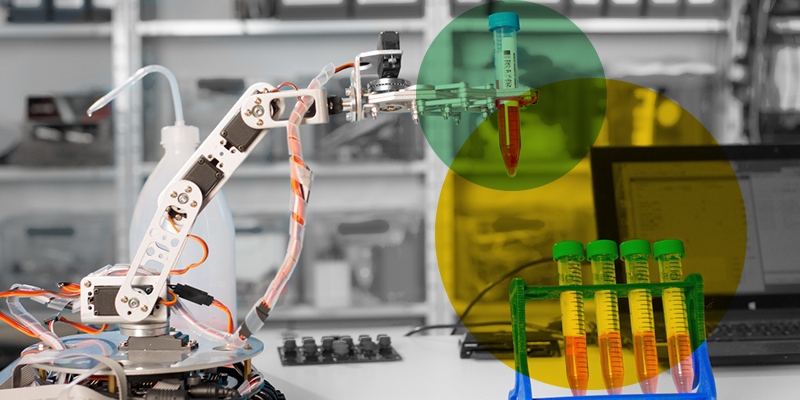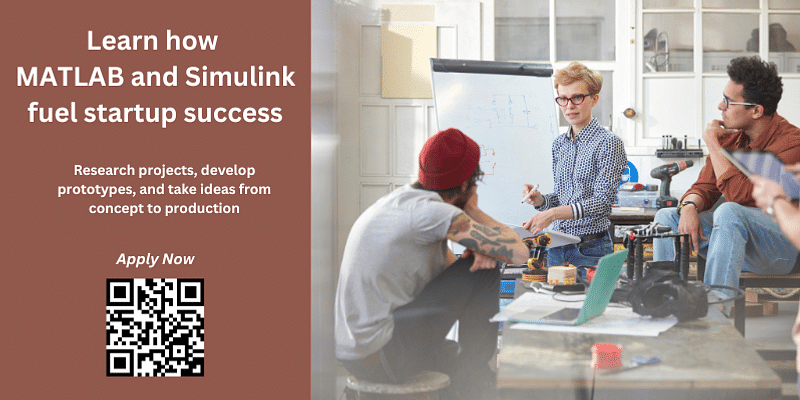BenevolentAI, a startup working on drug development, raises $115 M
BenevolentAI, a company into the development and application of AI for scientific innovation, has raised $115 million to work on the development of a core “AI brain” along with the others arms of the company to continue using AI to do groundbreaking work in drug development.
BenevolentAI was started in 2013 soon after Founder Ken Mulvany sold his successful biotech business Proximagen. The latest round of funding has pushed the value of the company to $1.2 billion.

“We have come a long way from our earliest ideas about how AI would transform pharmaceutical development in 2013 to today announcing the closing of a $115m funding round – one of the largest equity investments in the rapidly emerging AI pharmaceutical sector,” said Ken in a blog on the company website.
Till date, the company has raised $200 million in funding. This latest round of funding comes from previous backer Woodford Investment Management. TechCrunch reported that while the company was disclosing the names of the investor, Founder Ken has shared that it was a mix of strategic backers and some family offices, mostly from the US.
“We have created an AI-enabled, fully integrated pharmaceutical discovery and clinical development company. I believe we are completely unique in our sector, and the investment community has confirmed their confidence in our approach with the level of investment we announced today, and the valuation they attributed to our business,” shared Ken. The company currently has 22 validated drug candidate programmes and the tech that they have built is coming in handy to develop a treatment for various diseases such as Motor Neuron Disease, Parkinson’s Disease, Glioblastoma, Sarcopenia, and more.
According to a report by Accenture, the growth in “the AI health market is expected to reach $6.6 billion by 2021 – that’s a compound annual growth rate of 40 percent.”
Given that AI is poised to transform the world, Ken is poised to lead the change with BenevolentAI and shares, “We have moved fast, invented and reinvented, worked hard, and learned a lot. We have maintained throughout our principled approach to innovation, a focus on maximising the value AI can deliver to patients and their families, and a firm commitment to my founding vision: ‘Right drug. Right Patient. Right time.’” AI in healthcare has a long way to go, and BenevolentAI aims to be at the cutting edge of the sector’s progress.











